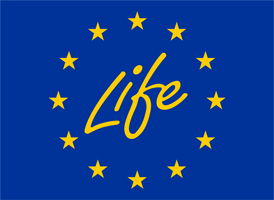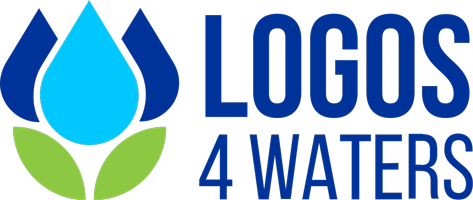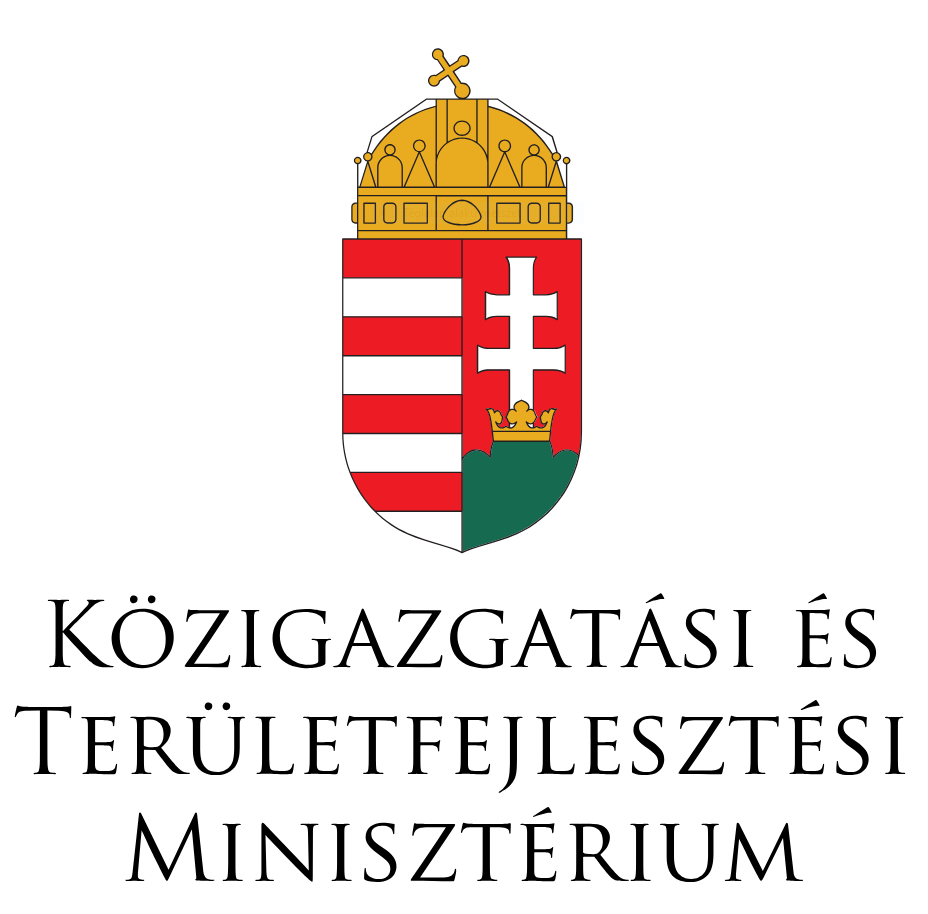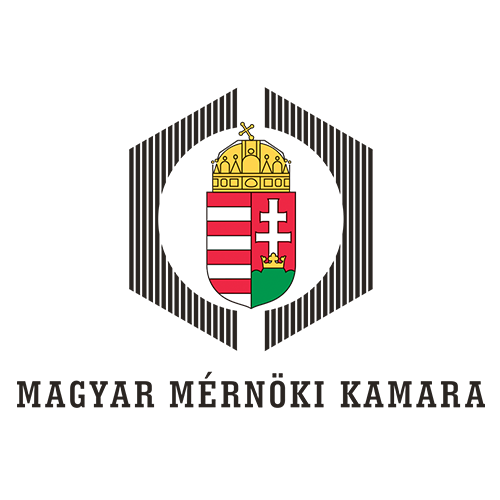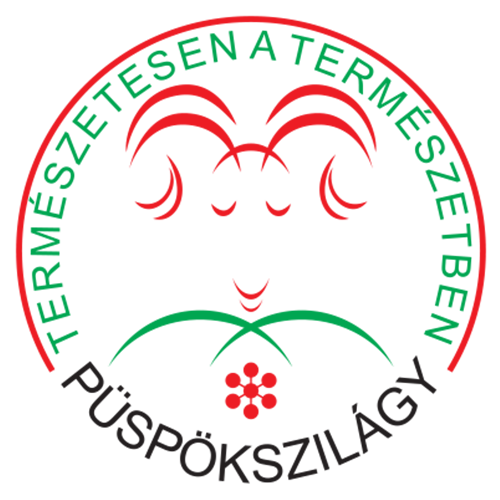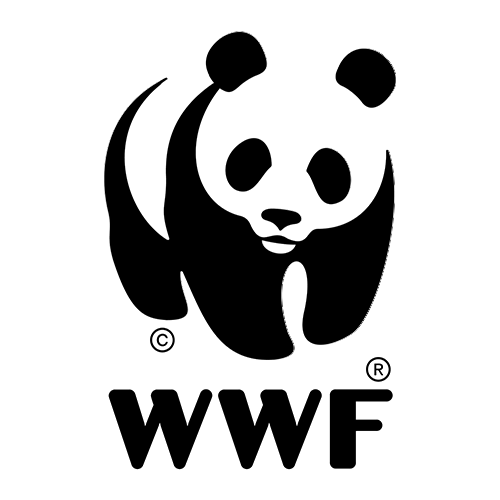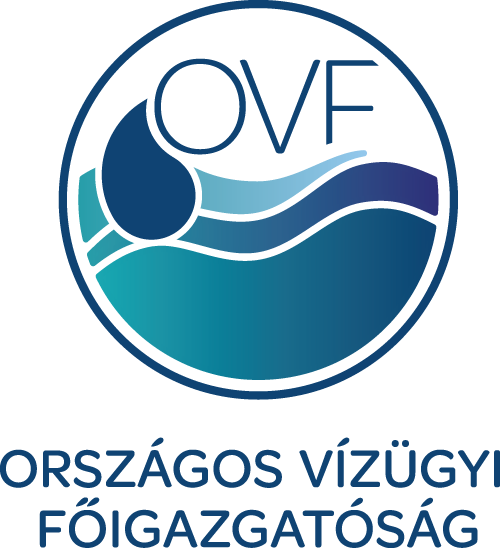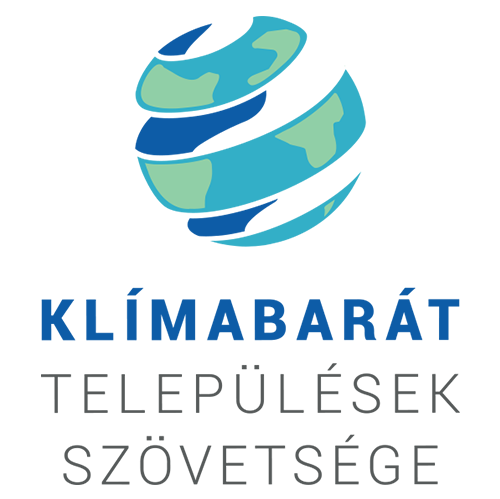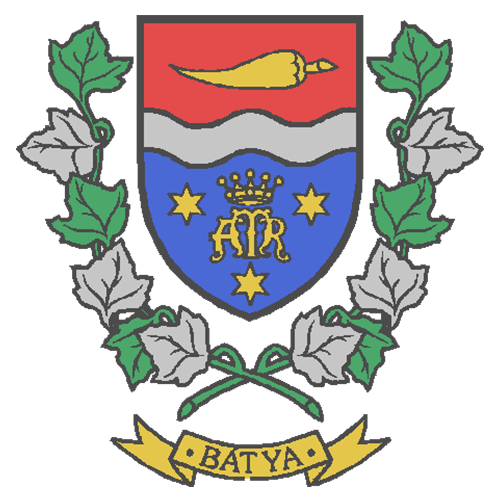Main activities, areas of intervention

Design and implementation of complex, catchment-level integrated solutions based on natural water retention, by the coordination of local governments.
In both demonstration areas the so-called Multi-stakeholder Catchment Forum will be set up with the involvement of local stakeholders: municipalities in the catchment area, territorially competent Water Directorates, permitting authority, local farmers, national parks, NGOs, etc. The Forum shall decide on the implementation of additional natural water retention measures (hereinafter: NWRMs) in the given catchment area within the limits of the allocated budget.
- Pilot site in hilly area: catchment area including settlements threatened by flash floods (Püspökszilágy and its surroundings, Gombás stream, Szilágyi stream catchment area) – 9 affected settlements;
- Pilot site in lowland: areas struggling with inequalities between water surplus and water scarce periods along the river Danube (Bátya and surroundings) – 5 affected settlements.

By creating an Integrated Municipal Decision Support Platform our goal is to create an interface on which the relevant water management and climate change adaptation (CCA) expertise and tools will be available to local governments in a structured form. On this interface we would like to make the currently available fragmented water management and CCA tools, systems and knowledge easily accessible and make it easy to use through a diversified organizational system, for all the professionals preparing and making decisions at the municipal level. The common platform enables the empowerment of local governments with knowledge in the field of integrated water management and CCA, as well as the continuous expansion and development of existing knowledge, in order to reach a critical mass among the Hungarian municipalities.

The aim of the development of methodology guidelines and manuals is to facilitate the work of local governments to become more efficient and adaptable in the given field. The documents will promote the unique and practical use of the tools supporting the operation of municipalities. These publications will be short and concise, formulating practical advices and recommendations in order to support the operation of the local government sector.

We consider it extremely important to expand the knowledge of the various related experts and future professionals, to shape their attitudes and create a common starting point for nature-based solutions, NWRMs and their role in adaptation. To this end, we are implementing a comprehensive training development program covering all target groups by systematically expanding the knowledge of the sectors involved in the planning and implementation of local green-blue infrastructure solutions – design engineers, permitting authorities, water management directorates, future professionals. The pilot teaching of the completed interdisciplinary training materials will also be implemented among the target groups, as a result of which the study materials will be reviewed and modified as necessary.

Supporting 5 further catchment areas (cooperation of at least 5-6 municipalities per area) – in the frame of a grant program – in the design of a complex NWRM, providing the necessary expertise as a basis for compiling future proposal documentation (even to be submitted under LIFE), thereby promoting the applicability of good project practices in other areas (“replication”).
In addition, we provide financial support to cc. 15 local governments (max. amount 3.5 million HUF / beneficiary) – in the form a municipal small grant programme[1] – in order to implement small-scale innovative solutions and encourage their wider use locally, which will help settlements to adapt to climate change at the municipal level.
The preparation and implementation of the applications is supported by an Integrated Support Board with the participation of 17 professional organizations covering a wide range of sectors, the operation of which is based on thematic working groups. Its members are delegates from associated and cooperating partner organizations participating in the project.

Professional support to increase the adaptation and absorption capacity of local governments, which contributes to the participation of municipalities in the more efficient use of resources in the next development period (mobilization of direct EU and/or Operative Program funds), in close connection with multi-level expert training and capacity building.

A national awareness-raising activity on local/municipal/catchment adaptation options, especially on NWRMs, about which we currently have little information. These are typically small-scale and cost-effective solutions with many benefits, that are suitable for mitigating the negative effects of climate change, however, these are still not widespread in Hungary. It affects all segments of the population, from children to educators (environmental education program), decision-makers at municipal and at governmental level, prospective and already professional experts.

Sharing results and experiences, transferring information and good practices nation-wide, encouraging the application of nature-based small-scale complex solutions in settlements and at catchment areas that have similar climatic and water-related problems.
Outputs from the activities listed above.

[1] As a new rule the LIFE Program allows the LIFE projects to provide support to 3rd parties under the project with a maximum amount up to € 100,000 (max. € 20,000 / initiative).
